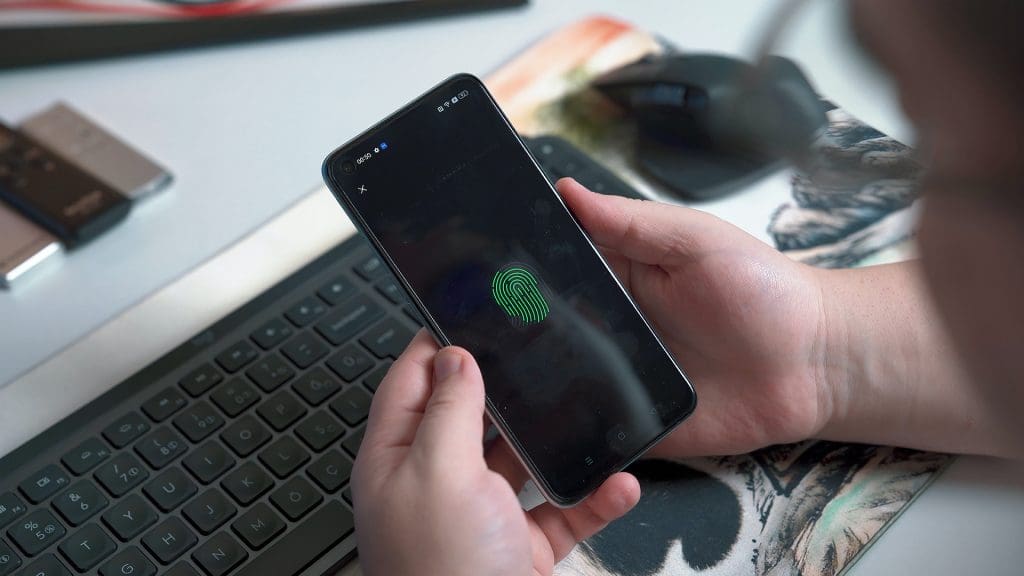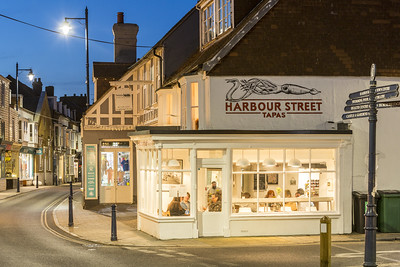The future of secure technology
From testing the latest banking apps to new systems for passport control, and software that allows people to securely access their work computer at home to facial recognition on mobile phones, there is plenty to keep the team occupied, working closely with the University of Kent and other academic institutions at the front line of biometric research.

Ingenium’s niche market makes the company one of a kind in the UK, and worldwide there are only a handful of other test labs offering similar services. They plan to double in size in the next 12 months, focusing on AI based products and emerging technologies such as age estimation and remote identity verification services.
The proximity of Ingenium’s laboratory to the University of Kent with its academic reputation in the field of biometrics and large student population, have proved highly beneficial for both operations and recruitment. Being less than an hour from London and personal links to the area were also factors in the company’s decision to locate in Canterbury.

Dr Chris Allgrove founded Ingenium Biometrics in 2019 with digital identity specialist Alastair Treharne and cyber security expert Julian White. He had completed a PhD at the University of Kent from 1993 through to 2000, before a successful civil service career that saw him advising the government as a biometric specialist.
Together the three co-founders spotted a gap in the market for independently testing and evaluating how biometric systems work. This proved very timely, thanks to the shift in working practices that accelerated with the Covid-19 pandemic.
“Covid-19 massively changed the landscape for us, with societal changes that organisations have had to respond to from a security point of view,”
Dr Allgrove said.
“The use of biometrics and digital identity technologies has rapidly accelerated. We benefited hugely because the whole of society changed, increasing the need for the sort of test services that we offer.”
That is unlikely to change any time soon. Over the next five years emerging technologies such as age estimation will develop further – alongside a new generation of biometric defences against the latest cyber threats. The team is expecting to be kept busy.
“We have 25 on the team at the moment and we’re in the process of growing the team further as we expect the number and type of markets that we’re involved with to grow rapidly,” Dr Allgrove added.
Canterbury will remain an important part of the picture, with the University of Kent’s reputation as a key centre for biometrics research providing opportunities for ongoing collaboration.
“Biometrics is not a main research theme in the UK with relatively few academics specialising in the field. Kent has always had a strong track record from the time I was there in the 1990s right through to today,” Dr Allgrove said.
“That academic link with one of the leading research groups in the UK was a key part of our original decision for coming to Kent. It remains a convenient place to locate and one where we intend to continue to build the business.”


